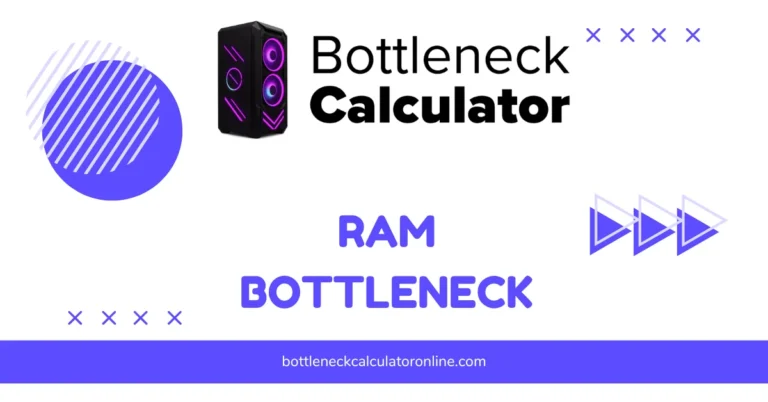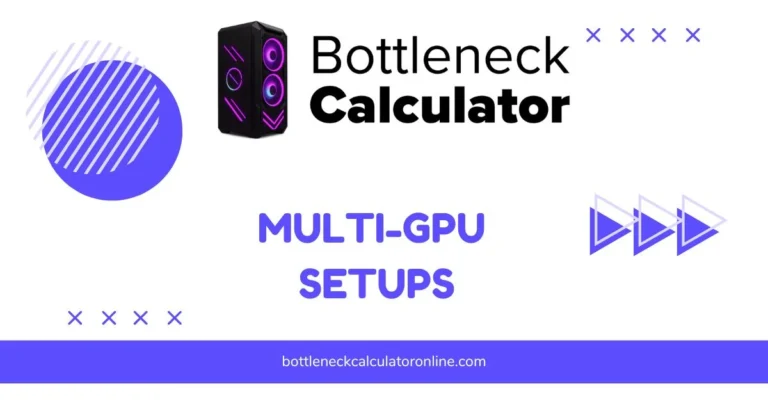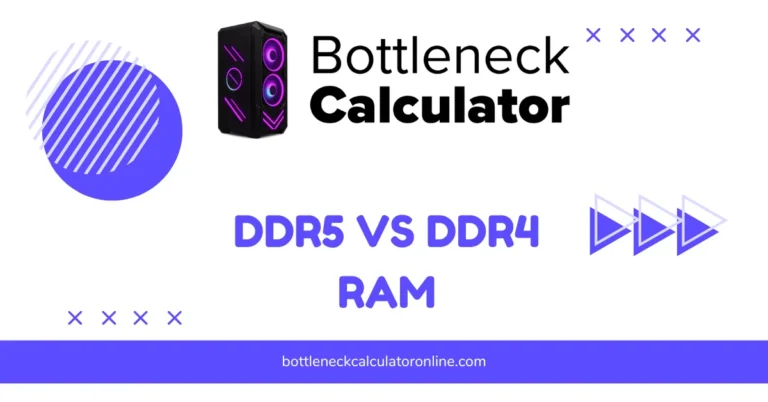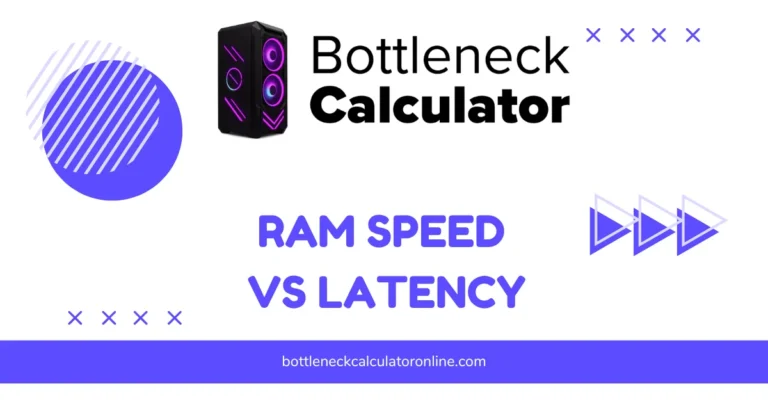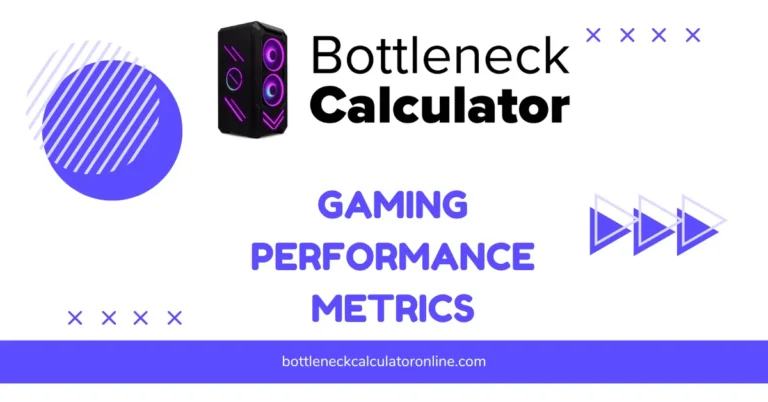What Reddit Users Say About Bottleneck Calculators
I’ve seen a lot of talk about bottleneck calculators on Reddit, and honestly, most people don’t trust them. When I read through the thread, the main vibe was this: bottleneck calculators are kind of useless. Some folks even called them “BS.”
Here’s what people keep saying:
- They don’t show the full picture. A site saying “13% bottleneck” sounds scary, but what does that even mean in real life?
- So when you’re looking for an accurate bottleneck, These tools ignore things like game settings, cooling, and background apps.
- One user said something like, “Every PC ever built has bottlenecks. That’s normal.” And yeah, that makes sense.
So, if you’re worried about a small number from a calculator, don’t be. Even with a little CPU limit, a better GPU still gives you higher FPS. I’d rather enjoy smoother frames now than wait forever for a “perfect” build.
One comment really stuck with me:
“If you want the GPU, buy it. Just enjoy it.”
I agree. If I were upgrading to a 4060 Ti, I wouldn’t stress over a 10–15% bottleneck number. You can always upgrade the CPU later. Waiting because of some random chart? Nope, not worth it.
Why Gamers Use Bottleneck Calculators
I’ve noticed a lot of gamers check bottleneck calculators before they upgrade parts. Why? Mostly for peace of mind. Nobody wants to spend big on a GPU and then feel like it’s wasted because the CPU can’t keep up.
It kind of makes sense. These tools give a quick number and make it look simple: “Your CPU will bottleneck by 15%.” Sounds helpful, right? But here’s the thing—I’d say most people use them because they’re easy, not because they’re accurate.
Gamers like them for a few reasons:
- Quick check before buying – You punch in your CPU and GPU and get a result in seconds.
- Avoid bad combos – People think it’ll stop them from pairing something like a Ryzen 3 with an RTX 4090.
- Feels like doing research – Even if it’s not perfect, it makes you feel safer about spending money.
Honestly, I’ve used one too when I was new. It felt like a cheat sheet for PC building. But now? I don’t trust them much. They don’t know the real-world stuff—like what resolution you play on, or if you run high settings or low.
So yeah, gamers use these tools because they want an easy answer. It just doesn’t mean that answer is right.
Common Reddit Opinions on Accuracy
I’ve gone through a bunch of Reddit threads, and the main thing I keep seeing is this: bottleneck calculators are not accurate. Most gamers flat-out say they don’t trust these tools.
Here’s what Reddit users think about their accuracy:
- “They’re BS.” That’s a direct quote from one user. They think the numbers are random and don’t mean much.
- They ignore real factors. Things like resolution, game type, background apps, and cooling matter a lot, but calculators don’t care.
- They scare new builders. One user said these tools make people think their build is “broken” when it’s actually fine.
- Every PC has a bottleneck. This comes up a lot. People say chasing a “0% bottleneck” is a waste of time.
- Real-world tests beat calculators. Most folks recommend using tools like MSI Afterburner instead of trusting some website.
One comment I liked:
“If you want the GPU, buy it and enjoy it. Don’t let a fake percentage stop you.”
Honestly, I agree with that. If a calculator says “14% bottleneck,” who cares? In actual gaming, that number means almost nothing.
Are They Reliable?
I’ve read so many Reddit threads on this, and the short answer? No, they’re not reliable. Almost everyone says the same thing: bottleneck calculators are based on made-up numbers.
Here’s what people on Reddit keep pointing out:
- Static numbers for a dynamic problem. These tools can’t predict real-world performance because every game and setting is different.
- They don’t factor in real conditions. Things like resolution, graphics settings, CPU temps, and even game engines matter a lot. Even things like a motherboard bottleneck—which these calculators completely ignore—can have a real-world impact depending on your build.
- Benchmarks > Calculators. Most users recommend looking at actual benchmarks instead of trusting a random percentage online.
- Clickbait tools. Some comments even said these sites exist just to attract traffic, not to give useful data.
One user explained it perfectly:
“They give you static numbers for dynamic interactions.”
Another user said:
“They can’t calculate what can’t be calculated. Too many variables.”
Honestly, I agree. If you really want to know if your CPU will bottleneck a GPU, don’t trust some “15% bottleneck” score. Look for real tests, or try the setup yourself.
Where They Fail
I’ve read so many threads, and honestly, bottleneck calculators fail for one big reason: they try to turn something super complex into a simple percentage. And that just doesn’t work.
Here’s why these tools fall flat:
- They ignore real-world use. A CPU and GPU act differently in every game and setting. CS2 at 1080p? CPU is the limit. Cyberpunk at 4K? GPU is the limit. A calculator can’t guess that. In Fortnite, for example, low settings shift the load to your CPU fast—but a calculator won’t tell you that context.
- They use random numbers. One user said it best:
“Bottleneck percentage is made up and stupid.” - Marketing trick. Some Redditors think these sites push people into upgrades they don’t need. Makes sense, right? Fear sells.
- No context. They don’t know if you play at low, high, 60 FPS, or 240 FPS. Big difference.
- Clickbait, not science. Another comment nailed it:
“They give static numbers for dynamic interactions.”
I’ve seen people post like, “It says my 5800X3D bottlenecks a 6800XT.” Seriously? That combo crushes most games. These calculators don’t understand reality. Like in Valorant, where CPU usage spikes at low settings—even with a high-end GPU—but bottleneck calculators still give weird or misleading results.
So yeah, they fail because bottlenecks aren’t a fixed number. They change with every game, resolution, and even your FPS target.
Final Verdict
After reading all those Reddit threads and looking at what gamers say, I’d call bottleneck calculators pretty useless for real-world builds. They oversimplify something that changes with every game, setting, and resolution. A “15% bottleneck” score? That number means nothing when you actually start gaming.
If you really care about performance, skip the calculator and check real benchmarks. Or better yet, just build the PC and enjoy it. Every system has a bottleneck somewhere, and that’s fine. Don’t let a fake percentage stop you from getting the GPU you want.



